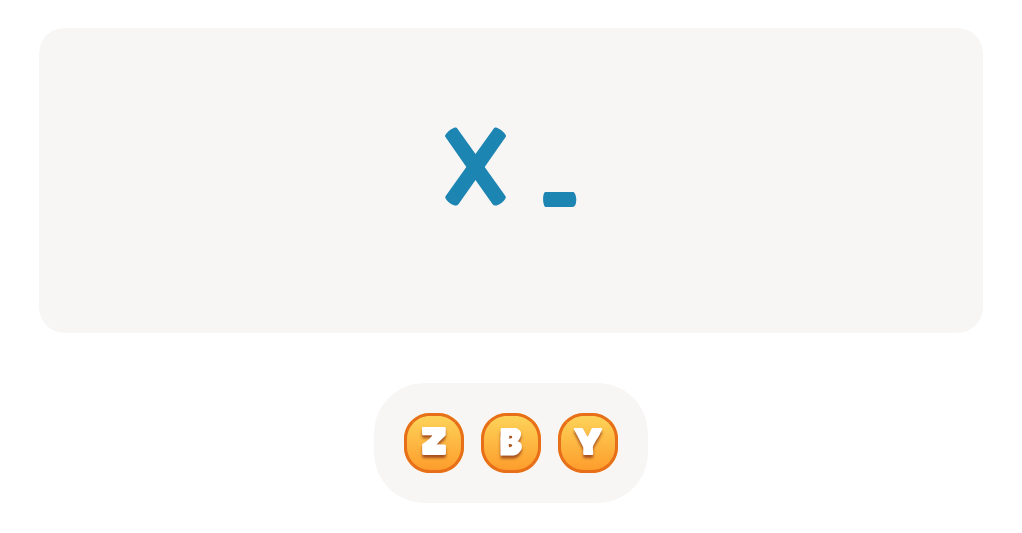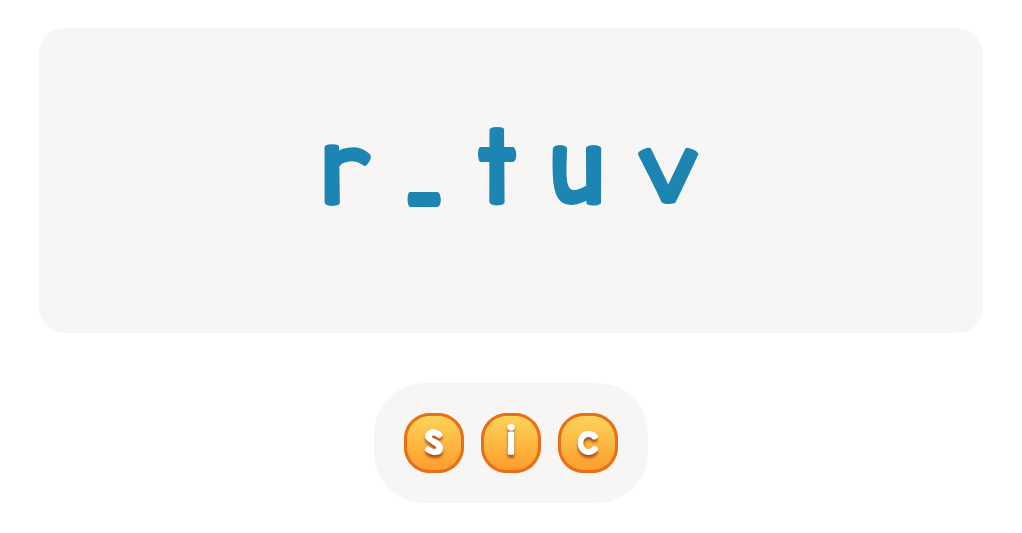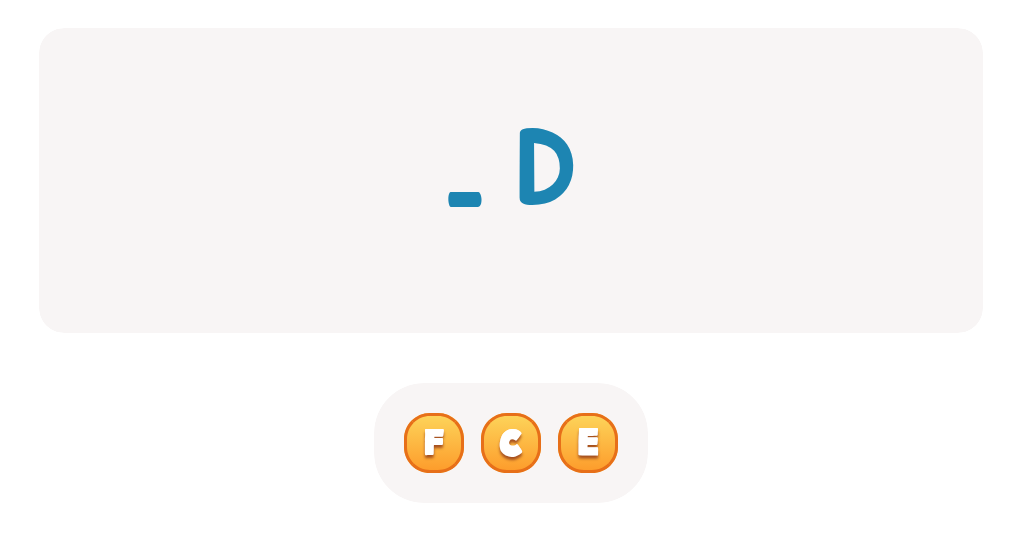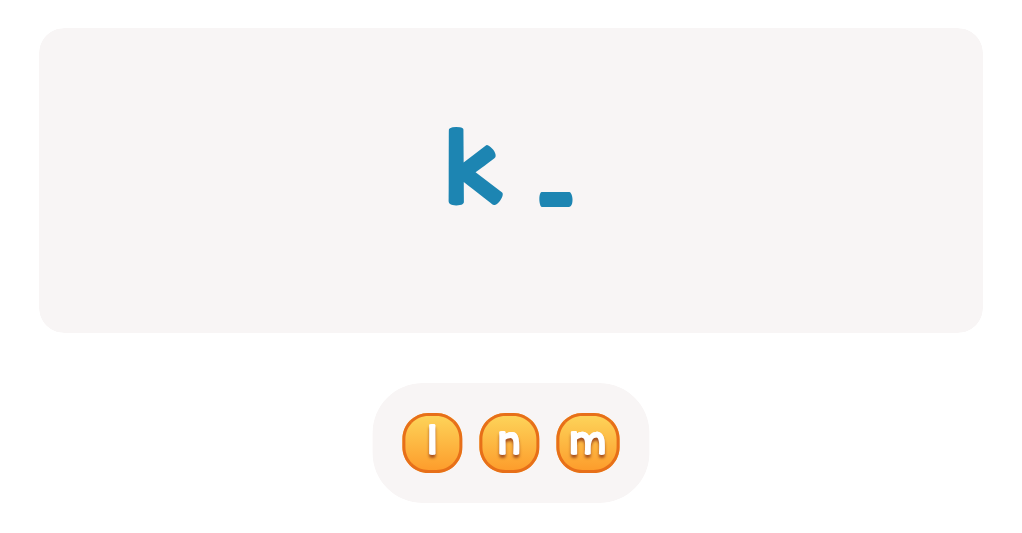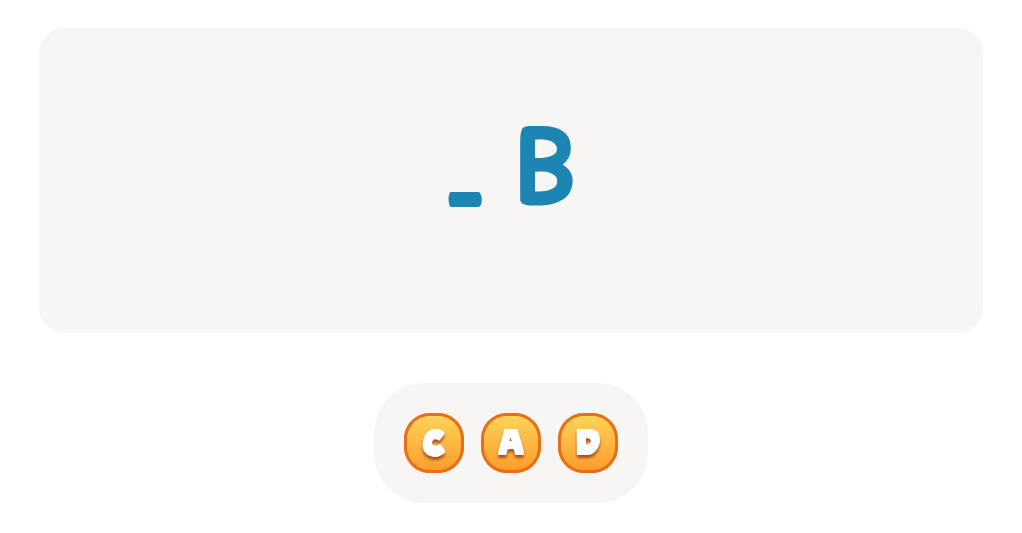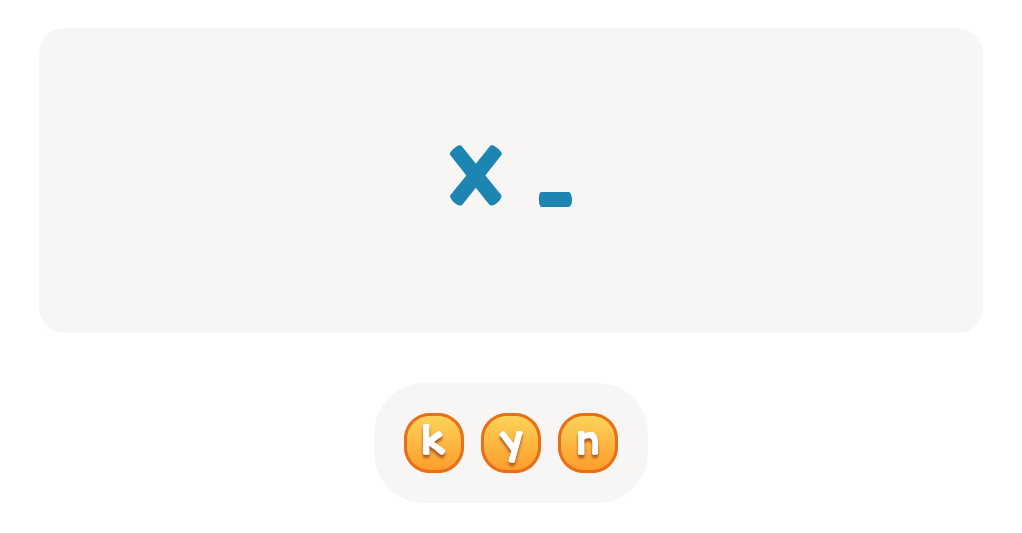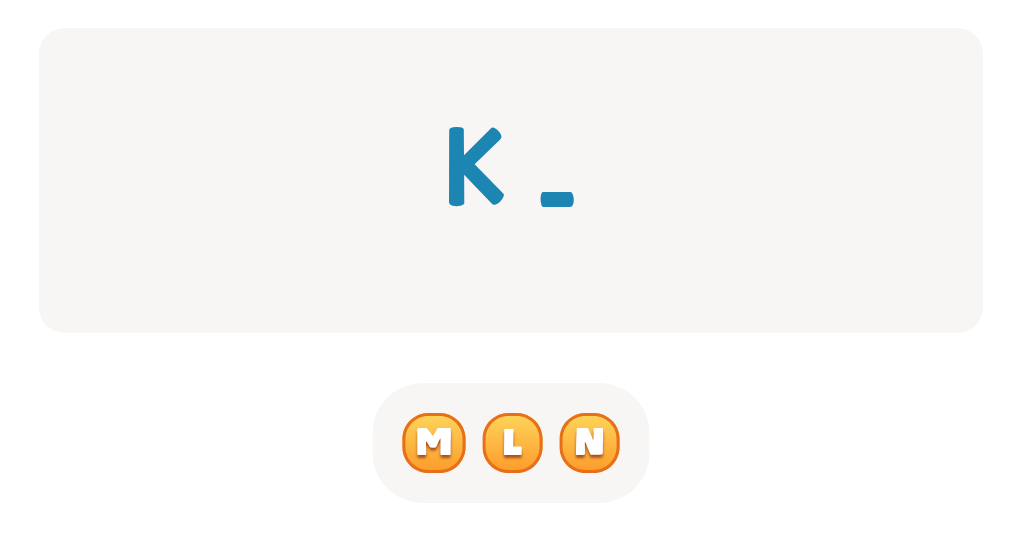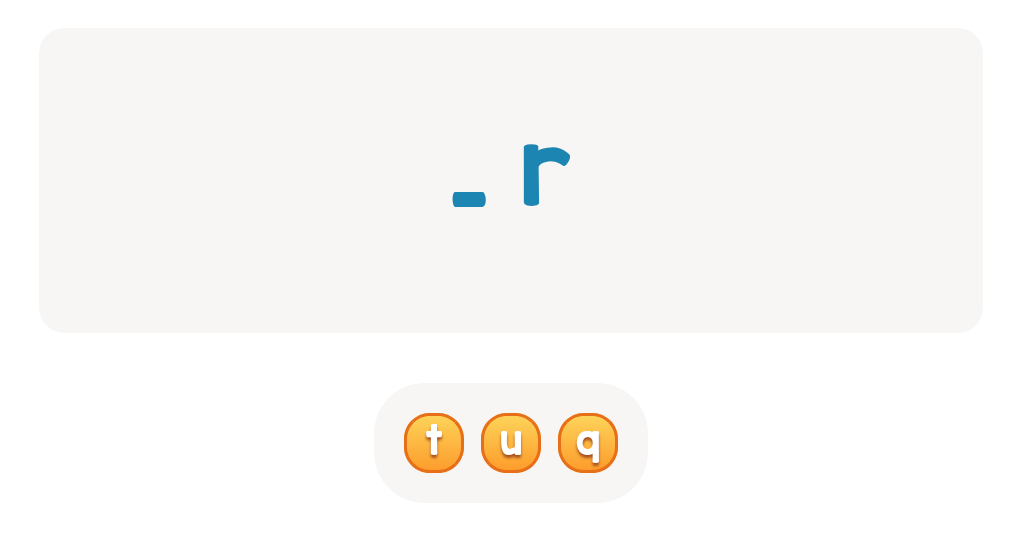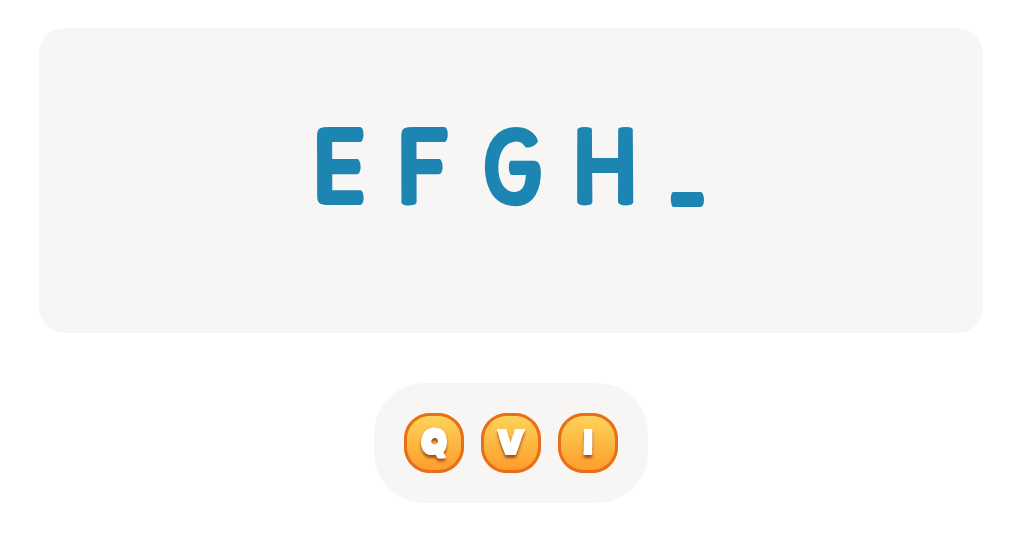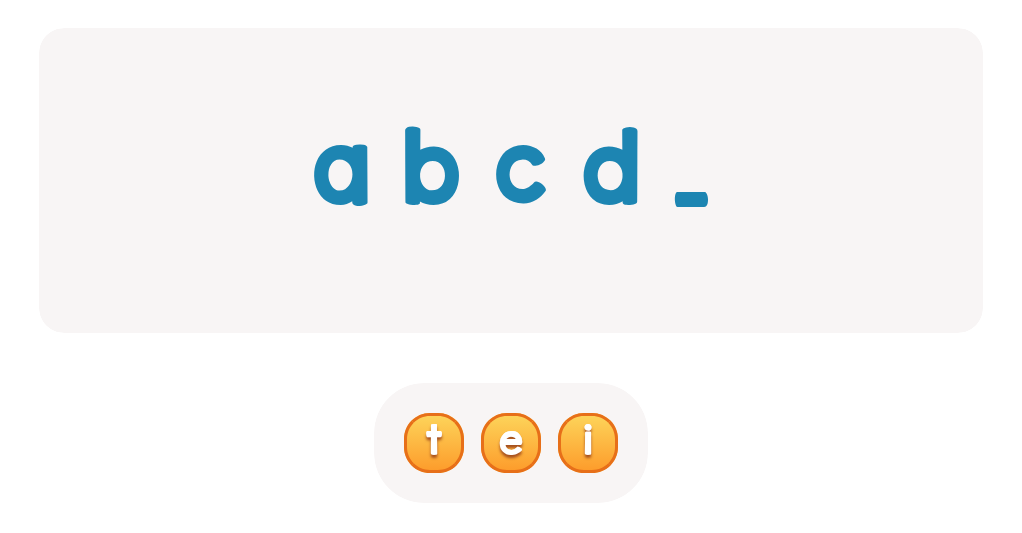Alphabet understanding Upper & Lowercase Letters Worksheets for Ages 3-6
3 filtered results
-
From - To
Welcome to our "Alphabet Understanding Upper & Lowercase Letters Worksheets" tailored for children ages 3-6. These engaging and educational worksheets are designed to help young learners distinguish between uppercase and lowercase letters while developing essential literacy skills. Through fun activities and colorful illustrations, children will enjoy practicing letter recognition, tracing, and matching tasks that promote their understanding of the alphabet. Our resources encourage fine motor skill development and cognitive growth, ensuring that learning is both effective and enjoyable. Perfect for use at home or in preschool settings, these worksheets are a valuable tool to foster your child's early reading readiness. Get started today!
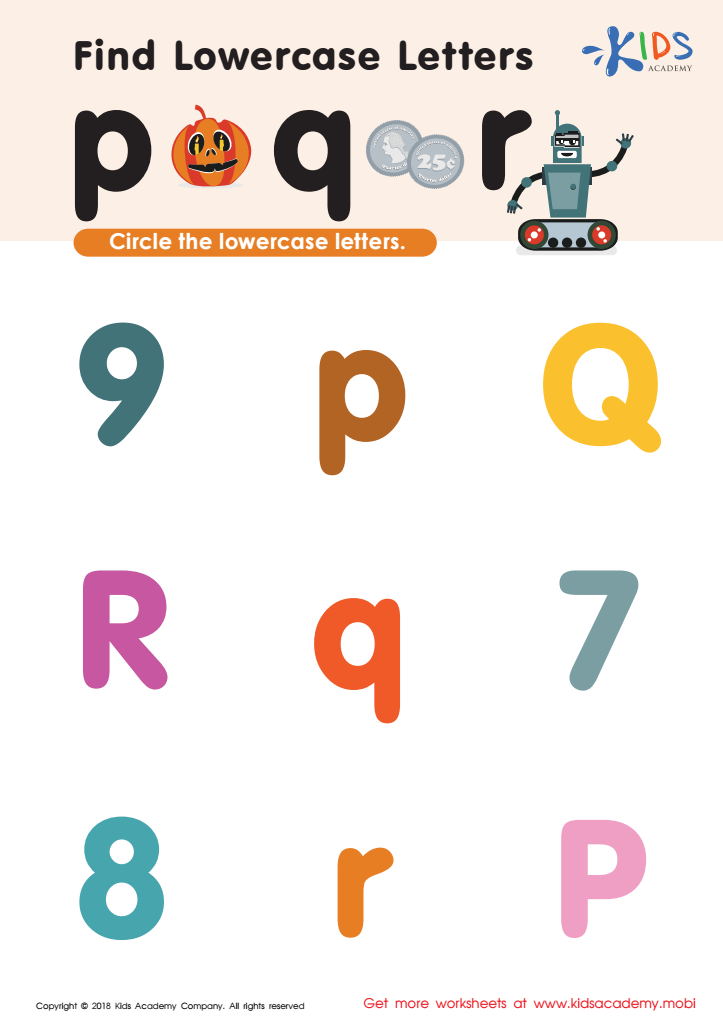

Find lowercase Letters p q r Worksheet
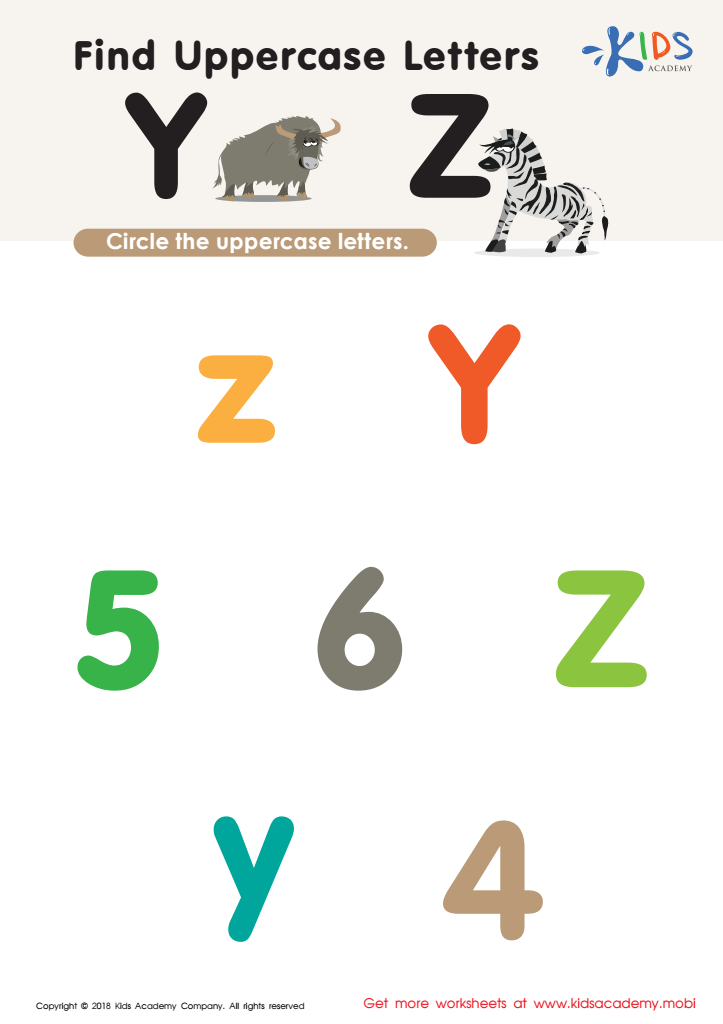

Find Uppercase Letters Y Z Worksheet
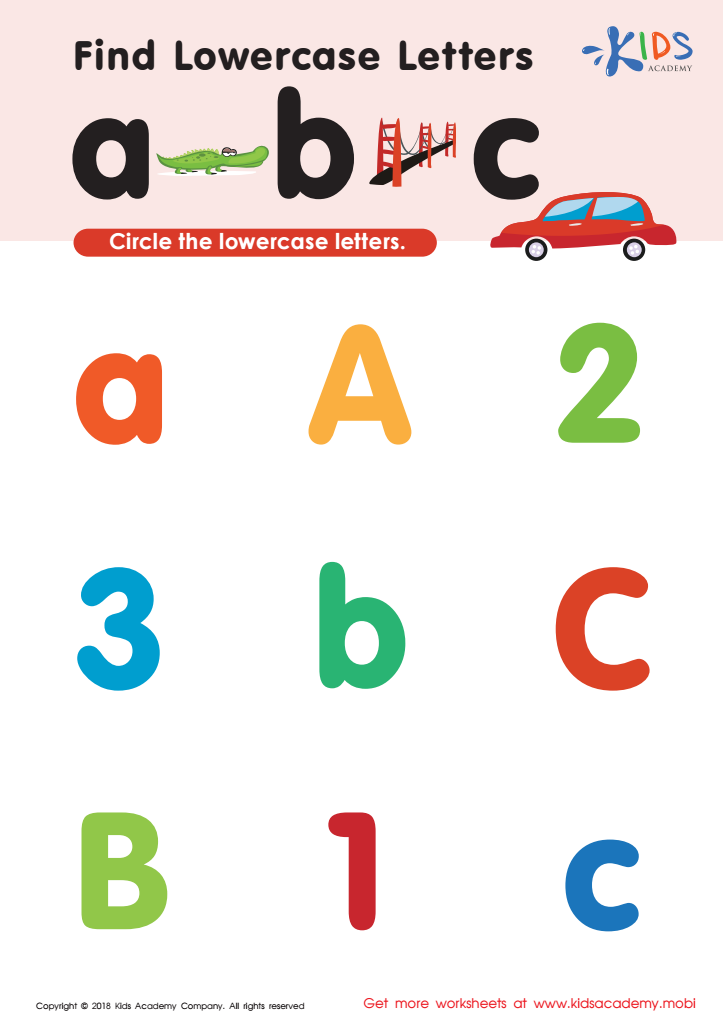

Find lowercase letters a b c Worksheet
Understanding both uppercase and lowercase letters is fundamental for young children aged 3-6 as it lays the foundation for their literacy skills. This early stage is critical for cognitive development, as children begin to make connections between letters and their corresponding sounds. By recognizing and distinguishing between uppercase and lowercase letters, children can better understand the structure of words and sentences.
Uppercase letters often signal the beginning of sentences or proper nouns, while lowercase letters form the bulk of text in everyday reading. Parents and teachers should care because mastering both cases enhances children’s reading comprehension and spelling abilities. When children can easily identify and use various letter forms, they become more confident readers and writers.
Furthermore, integrating letter recognition into daily activities makes learning engaging and fun. This can be achieved through games, storytelling, and reading together. Increased familiarity with letters not only boosts a child’s literacy skills but also supports their overall academic journey, paving the way for success in reading, writing, and beyond. By nurturing this understanding, adults can foster a love for learning and a solid foundation for literacy that lasts a lifetime.
 Assign to My Students
Assign to My Students
